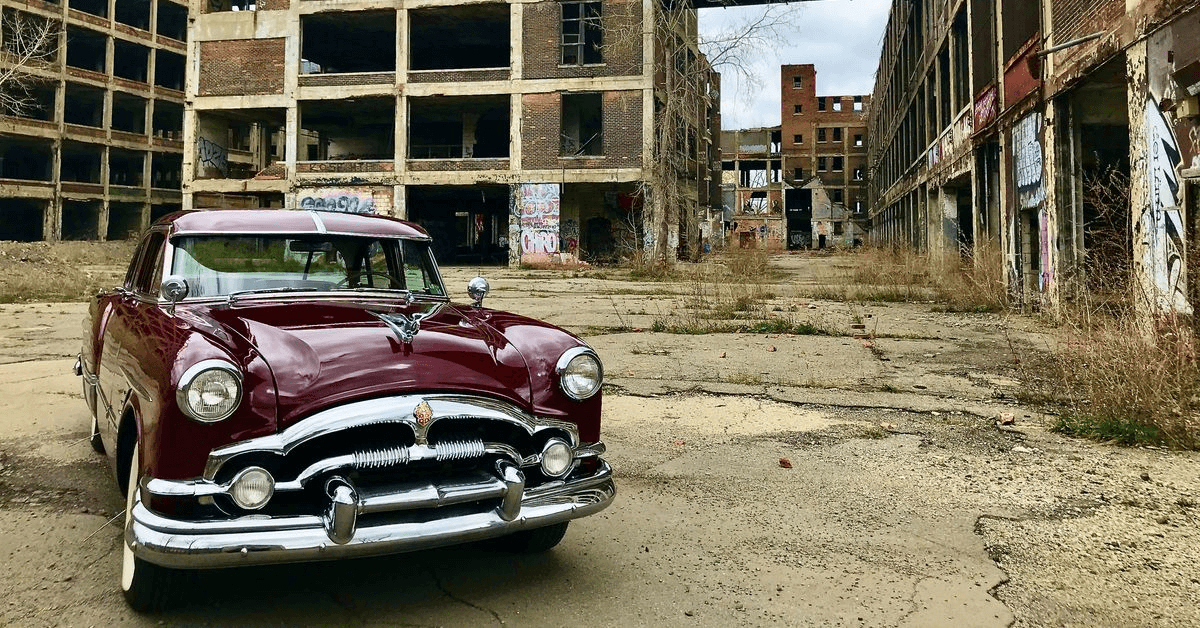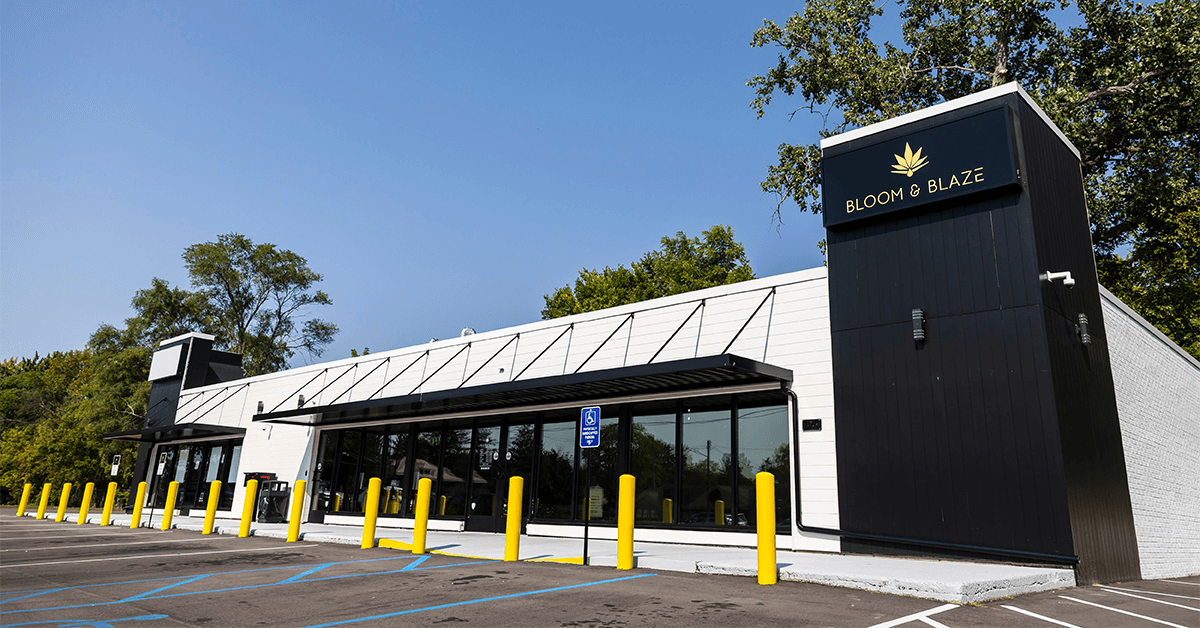Michigan's Economic Evolution: From Autos to Cannabis

Michigan, known for its natural beauty and rich history, has experienced significant economic shifts over the decades. Surrounded by the largest freshwater lakes globally, Michigan boasts vast forests, sandy beaches, beautiful state parks, pristine inland lakes, and some of the top golf courses in the country. Often referred to as the "Winter, Water Wonderland," Michigan is a top vacation destination featuring historic sites like Mackinac Island, which USA Today recently named the "Best Travel Destination" in the United States for 2024.
After World War II, Michigan epitomized economic prosperity. The state was home to the Big Three automakers – General Motors, Ford, and Chrysler – headquartered in Detroit. The booming auto industry created a prosperous middle class, attracting talent from across the nation and the globe, as people flocked to Michigan in pursuit of the American Dream.
However, the economic landscape has dramatically changed over the years. Starting in the 1980s, General Motors began shedding jobs, and since 1990, employment in auto plants, parts factories, and corporate offices has declined by 35%, according to the Bureau of Labor Statistics. This decline also affected ancillary businesses such as restaurants, hotels, gas stations, and real estate. Edmunds reports that domestic auto sales by GM, Ford, and Stellantis (formerly Fiat Chrysler) have plummeted from nearly 70% of the market in 1999 to 37% last year. Today, more people are employed in Michigan's hospitals than in its auto assembly plants.
Several factors contributed to this decline. Auto executives underestimated foreign competitors, believing American cars would always lead in quality and appeal. Meanwhile, the Auto Workers Union demanded high wages and benefits, driving up manufacturing costs and auto prices. This led to a scenario where foreign automakers could offer better cars at lower prices, ultimately outcompeting American manufacturers.
The decline of the auto industry had devastating effects on Michigan's cities. Flint, once a bustling hub for General Motors, became a ghost town almost overnight when GM closed its operations there. The city's economy was destroyed, and Flint later gained notoriety as "The Murder City." Lansing, Michigan's capital, faced similar devastation when GM shuttered its manufacturing operations there, and other towns across the state experienced comparable fates as production moved to states with lower labor costs and fewer union restrictions.
Despite these challenges, Michigan remains under Democratic leadership, which recently repealed the state's "Right to Work" law. This legislation had allowed Michigan to attract new businesses by not requiring workers to pay union dues. Its repeal could make it more difficult for Michigan to compete for new business opportunities.
Today, Michigan's economy is recognized for a different industry: cannabis. Michigan has surpassed California as the top cannabis market in the U.S. by sales volume, with per capita sales of $132.41, tripling California's $44.21. Market sales reached over $3 billion in 2023 and are projected to hit $4 billion by 2028. However, despite this success, Michigan's cannabis companies face intense competition and struggle to stay afloat in the recreational market.
In summary, Michigan has transitioned from being a global leader in automotive manufacturing to becoming a significant player in the cannabis industry. While the state's economy has seen better days, Michigan continues to adapt and find new avenues for growth and prosperity.
Share this article:
Spotted a typo, grammatical error, or a factual inaccuracy? Let us know - we're committed to correcting errors swiftly and accurately!








 Helpful Links
Helpful Links